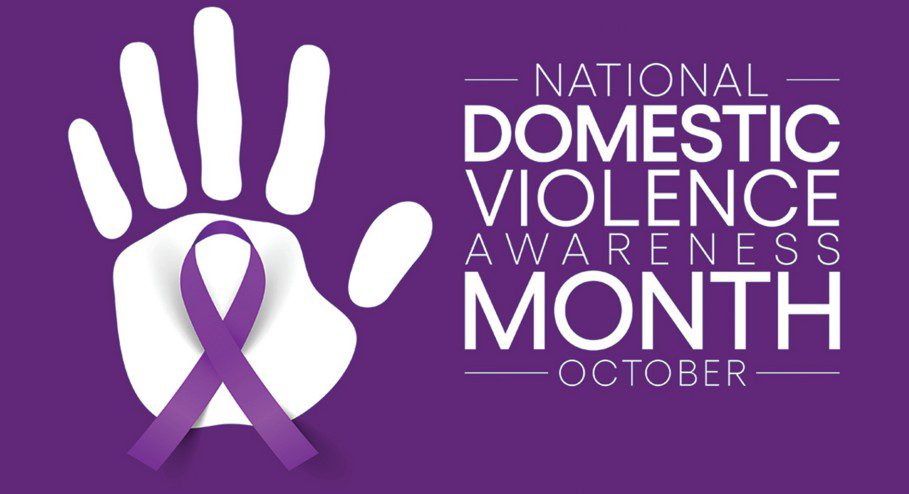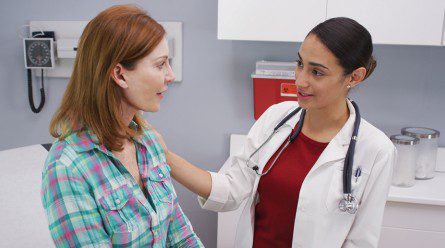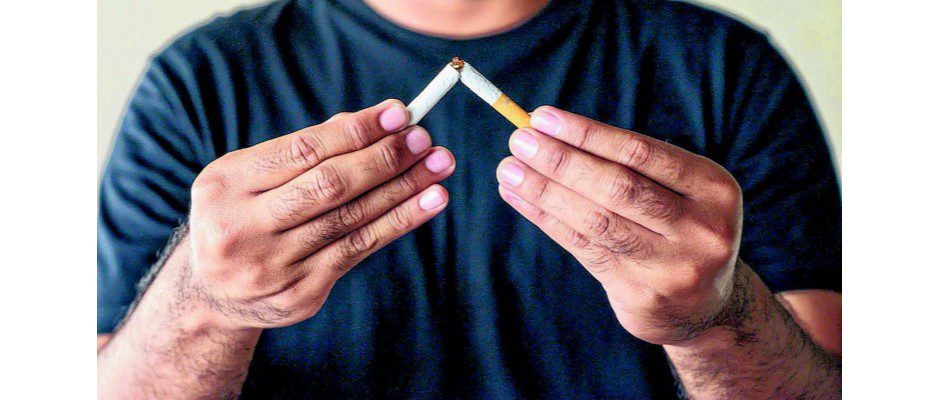
[By Danielle Tracy, BSN, RN, NYSAFE, IPVNE, SANE-A, Forensic Nurse Examiner, and Elizabeth Karam, Outreach Coordinator, with St. Peter’s Crime Victim Services.]
Since the beginning of the year, the St. Peter’s Crime Victim Services (SPCVS) team has responded to more than 300 domestic violence cases in local hospitals – averaging more than one case per day. And yet, we know this is only a fraction of the individuals impacted by this crime in our region. Many survivors never disclose their experiences, even while receiving medical care.
The reality is health care providers often care for patients experiencing domestic violence without ever knowing it. That is one of the reasons we observe Health Cares About Domestic Violence Day (HCADV Day) each year on the second Wednesday of October (October 8 this year). It is a national initiative that highlights the critical linkage between health care and domestic violence response.
As we reflect on HCADV Day, we remind our allies in health care that domestic violence is not just a criminal justice or human services issue – it is a health care issue. When patients access health care, they have an opportunity to check in with a trusted provider on all aspects of their wellness, including their safety at home. When a patient indicates they feel unsafe at home, the provider needs to know there are resources available to them as well as the patient.
According to the National Institutes of Health, domestic violence can impact every aspect of a person’s health, from acute injuries to chronic illness, mental health, and even early mortality. That’s why when we do treat a patient who is brave enough to disclose their experience, our response must be trauma-informed, sensitive, and well-coordinated.
It was around this time last year that we saw a shift at SPCVS, with local outpatient medical offices reaching out and asking us to share more about the services we offer. Our colleagues in health care were hearing more disclosures of abusive relationships during routine visits. In response, we began delivering presentations across inpatient and outpatient medical units – focusing on how we can work together to support patients and the importance of delivering trauma-informed care.
 Understanding trauma is imperative in health care. It’s on us as health professionals to learn the signs of trauma and approach health care in a way that avoids further harm. This often means moving from a mindset of “what’s wrong with you?” to “what happened to you?”
Understanding trauma is imperative in health care. It’s on us as health professionals to learn the signs of trauma and approach health care in a way that avoids further harm. This often means moving from a mindset of “what’s wrong with you?” to “what happened to you?”
This year, we call upon all members of the health care community – physicians, nurses, support staff, and administrators – to reflect on how we can support the community of domestic violence survivors that we are caring for each day. Our collaboration is what ensures survivors are supported and empowered – every time they access care.
St. Peter’s Crime Victim Services offers free and confidential services to innocent survivors of crime. Available services include medical and legal advocacy, counseling and therapy, community education, and compensation assistance. For more information about Crime Victim Services, and how we can support the efforts of health care providers ensuring patients receive the support they need, please call 518-271-3410 or visit us at sphp.com/crimevictimservices.
If you or someone you know has been the victim/survivor of a crime and needs to speak with someone outside of business hours, you can contact our 24-hour confidential hotline at 518-271-3257.





